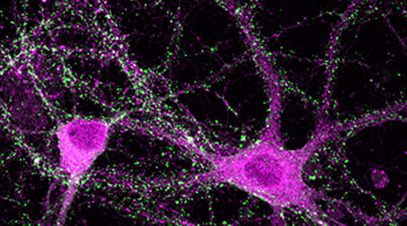Featured Breakthroughs Podcast Episodes
Breakthroughs podcast is about groundbreaking research and the scientists leading these discoveries. Tune in to select episodes featuring basic science faculty at Feinberg.
To view all podcast episodes, please visit the Breakthroughs Podcast webpage.

New Insights into Cellular Metabolism with Issam Ben-Sahra, PhD
New research from the lab of Issam Ben-Sahra, PhD, could rewrite textbooks on our understanding of cellular metabolism and potentially identify new targets for cancer and metabolic diseases such as obesity. The discovery, published in the journal Science, has been praised for its rigorous simplicity and underscores the importance of understanding the molecular mechanisms that underlie specific biological processes.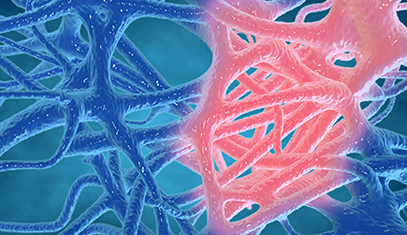
Pursuing Deeper Understanding of Inflammation with Murali Prakriya, PhD
Inflammation is a common feature of many diseases and Northwestern Medicine investigators have identified how a calcium channel contributes to inflammation in the brain and lungs. This could aid in finding new types of therapeutics for inflammation-related diseases and conditions. In this episode, Murali Prakriya, PhD, discusses the evolution of this groundbreaking research in ion channels as well as his latest findings published in Nature Communications.
Engineering Bacteria to Monitor and Treat Disease with Arthur Prindle, PhD
Thanks to advancements in synthetic biology, scientists are now engineering bacterial communities with the goal of using these cells to monitor and treat diseases. In this episode, Arthur Prindle, PhD, explains how his lab is reprogramming bacteria that may be used in the future to detect disease and deliver therapeutics for many different conditions, including cancer, diabetes and inflammatory bowel disease.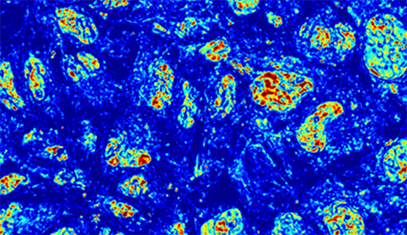
Predicting Which Cancer Cells May Become Drug-Resistant with Yogesh Goyal, PhD
Treating cancer has become increasingly difficult as cells develop resistance. Northwestern investigators have sought to address this issue on the cellular level through the development of a novel FateMap tool, used to predict the future behavior of cancer cells before they are exposed to cancer-fighting drugs. In this episode, Yogesh Goyal, PhD, discusses his latest research, published in Nature, and how his lab is addressing complex problems through an interdisciplinary approach.
How the Brain Regulates Aggressive Behavior with Ann Kennedy, PhD
A theoretical neuroscientist, Ann Kennedy, PhD, is investigating neural computation and the structure of behavior. In this episode, she talks about her recent research in the area of aggression and how it's regulated in the brains of animals. She was recently named the winner of the 2022 Eppendorf and Science Prize for Neurobiology.
The Role of Dopamine in Habit Formation and Compulsive Behavior with Talia Lerner, PhD
How are habits – both good and bad – formed in the brain, and what role do habits play in diseases of the brain? These are some of the questions neuroscientist, Talia Lerner, PhD, is investigating in her lab. Her recent study, published in Cell Reports, may change the overall understanding of how habits are formed and could be broken.
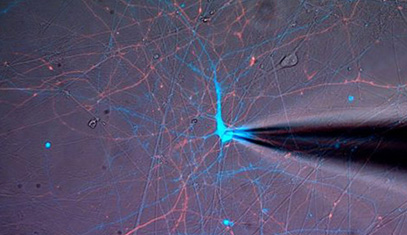
Investigating Therapies for Genetic Epilepsy with Alfred George, Jr., MD
Alfred George, Jr., MD, is a pioneer in understanding the mechanisms by which ion channel mutations cause a variety of inherited disorders, such as genetic epilepsy. He discusses his recent breakthroughs in the field and his optimism for future RNA therapeutics to treat rare genetic diseases.
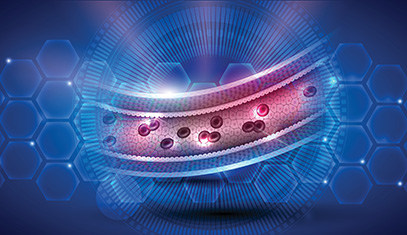
Cell-Based Treatments to Fight Diseases with Luisa Iruela-Arispe, PhD
Cell and Developmental Biology is a field that's integral to finding new therapies for a wide variety of diseases. At Feinberg, Lusia Iruela-Arispe, PhD, a vascular biologist, leads the Department of Cell and Developmental Biology as chair. In this episode, she talks about her research and the future of cell-based treatments for diseases.
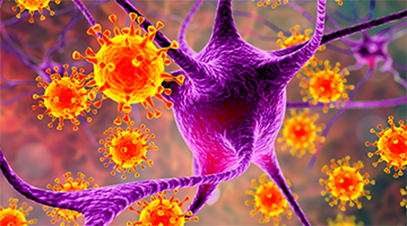
A Vaccine Pathway for Herpes Virus with Gregory Smith, PhD
Gregory Smith, PhD, professor of Microbiology-Immunology at Feinberg, has been investigating a path to long-needed vaccine development for herpes virus. He recently published findings in the journal Nature that bring the possibility of a preventive vaccine a step closer.

COVID-19 Boosters Increase Protection with Alexis Demonbreun, PhD
What do we know about the effectiveness of COVID-19 boosters, and how might they better protect us from new variants such as omicron? Alexis Demonbreun, PhD, assistant professor of Pharmacology, offers insight. She is the author of a new study that shows COVID-19 boosters seem to supercharge antibody response.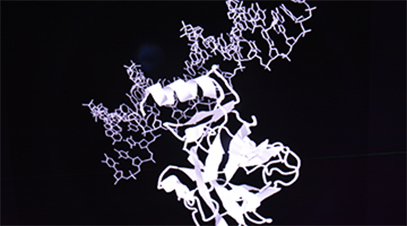
Human Genome Project for Proteins with Neil Kelleher, PhD
Millions of molecular proteins are swimming through our body's cells and many studies have discovered that these proteins are the main drivers of all human diseases. Scientists are now mapping proteins the way the Human Genome Project mapped genes. Northwestern's Neil Kelleher, PhD, is at the forefront of the Human Proteoform Project and explains how it could lead to more targeted and effective diagnostics and treatments for diseases.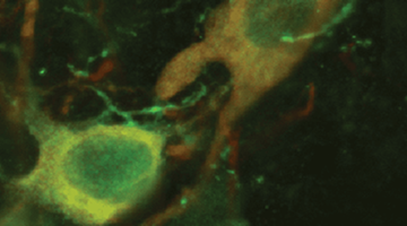
Earliest Signs of Parkinson's Disease with D. James Surmeier, PhD
Northwestern Medicine scientists have discovered one of the earliest signs of Parkinson's disease, proving that damaged neuronal mitochondria alone can cause symptoms of the disease, according to a study published in Nature. Senior author D. James Surmeier, chair of the Feinberg department of Neuroscience, who has over 30 years of experience in the field, explains the importance of these findings for future Parkinson's research and therapeutics.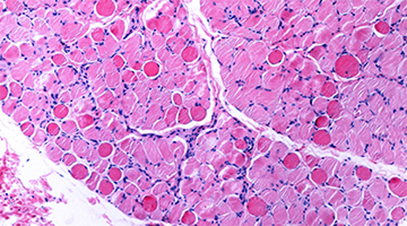
Advancing Muscular Dystrophy Research with Elizabeth McNally, MD, PhD
While there are more treatments now than ever before for neuromuscular diseases like muscular dystrophy, patients who have very specific gene mutations associated with these diseases have few options. Elizabeth McNally, MD, PhD, says a discovery in her lab could lead to a new therapy for muscular dystrophy, including its rare forms.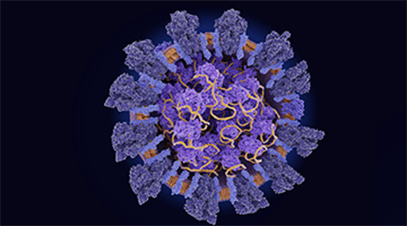
Next-Generation COVID Vaccines with Pablo Penaloza-MacMaster, PhD
As the Delta variant of SARS-CoV-2 is causing breakthrough infections in some vaccinated people around the world, scientists at Northwestern Medicine are developing and studying potential next-generation COVID-19 vaccines that could be more effective at preventing and clearing breakthrough infections. Pablo Penaloza-MacMaster, assistant professor of Microbiology-Immunology at Feinberg, discusses recent studies from his lab that aim to improve current COVID-19 vaccines.
COVID-19 Antibody Testing with Elizabeth McNally, MD, PhD
A team of Northwestern scientists have come together from across disciplines to develop a COVID-19 antibody test designed for at-home use. Elizabeth McNally, MD, PhD, is part of the team working on this test to determine prior exposure to the virus.
The Dangers of Unproven COVID-19 Therapies with Benjamin Singer, MD
While the world anxiously awaits a vaccine for COVID-19, some physicians on the front lines are trying new or repurposed therapies in an effort to help COVID patients. Benjamin Singer, MD, a Northwestern physician-scientist, discusses his experiences in the ICU during this time and his recently published letter warning against the use of unproven therapies.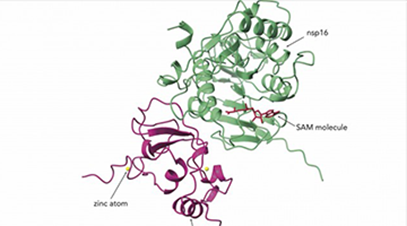
Investigating the New Coronavirus with Karla Satchell, PhD, Part 2
This is an update to the Jan. 28, 2020 episode about Northwestern's Karla Satchell's effort to lead an investigation into the structure biology of the components of COVID-19. The goal is to ultimately understand how to stop it from replicating in human cells through a medication or vaccine.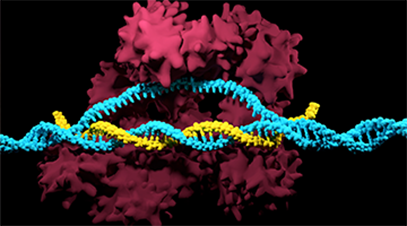
The Future of Genetic Medicine with Elizabeth McNally, MD, PhD
Elizabeth McNally, MD, PhD, is a human geneticist, a Northwestern Medicine cardiologist and the director of the Center for Genetic Medicine at Northwestern. In this episode, she talks about her recent discoveries in the genetics of cardiovascular and neuromuscular disorders and shares what we can expect in the next few years in the field of genetic medicine.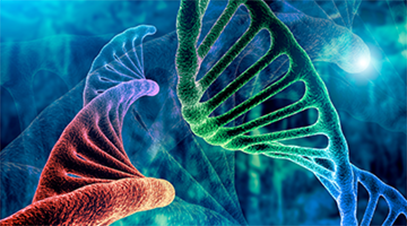
Epigenetics and Cancer with Ali Shilatifard, PhD
For three decades, Ali Shilatifard, PhD, has dedicated his career to revealing the causes of childhood leukemia and providing detailed molecular insight into the role of epigenetics in cancer. He hopes his discoveries will lead to a super drug that could end childhood leukemia and other cancers.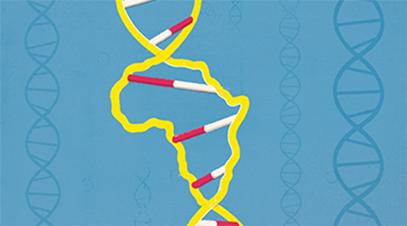
Precision Medicine for African-Americans with Minoli Perera, PharmD, PhD
The field of pharmacogenomics – using a patient’s genome to predict how well they will respond to medication – is a hot area of medicine today. But, almost all data used in these predictions comes from people of European decent. Minoli Perera, PharmD, PhD, wants to change that. She is a pioneer in the area of pharmacogenomics in African-Americans and has some new discoveries to share.
Chronic Pain and the Placebo Effect with A. Vania Apkarian, PhD
Chronic pain, such as lower back pain that lasts for months or years, affects 100 million Americans and costs half a trillion dollars a year in healthcare costs. It is also contributing to the current opioid crisis. A. Vania Apkarian, PhD, explains his recent discoveries related to chronic pain and how placebos may be a very effective option for some.